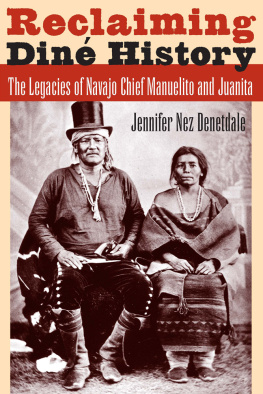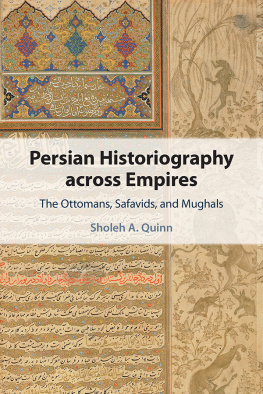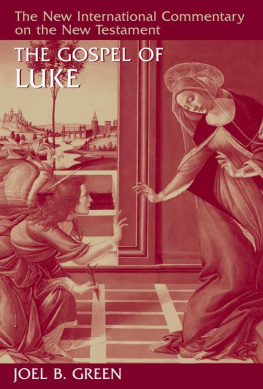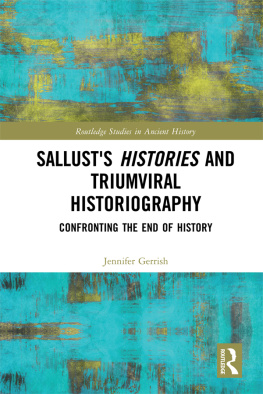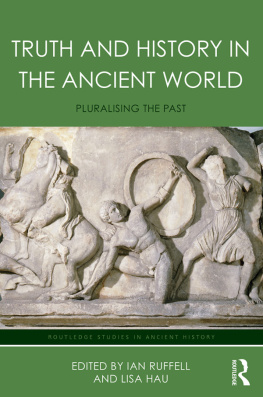
Sallusts Histories and Triumviral Historiography
Sallusts Histories and Triumviral Historiography explores the historiographical innovations of the first century Roman historian Sallust, focusing on the fragmentary Histories, an account of the turbulent years after the death of the dictator Sulla. The Histories were written during the violent transition from republic to empire, when Romes political problems seemed insoluble and its morals hopelessly decayed. The ruling triumvirate of Octavian, Mark Antony, and Lepidus created a false sense of hope for the future, relentlessly insisting that they were bringing peace to the republic. The Histories address the challenges posed to historians by both civil war and authoritarian rule. What does it mean, Sallust asks, to write history under a regime that so skillfully manipulates or even replaces facts with a more favorable narrative? Historiography needed a new purpose to remain relevant and useful in the triumviral world. In the Histories, Sallust adopts an analogical method of historiography that enables him to confront contemporary issues under the pretext of historical narrative. The allusive Histories challenge Sallusts audience to parse and analyze history as it is being written by the actors themselves and to interrogate the relationship between words and deeds.
The first monograph in any language on the Histories, this book offers comprehensive reading of Sallusts third and final work, featuring discussion of a wide selection of fragments beyond the speech and letters, set-pieces that have generally been studied in isolation. It offers a valuable resource for academics and postgraduates working on ancient historiography and Latin literature more generally; it will also be of interest to ancient historians working on the late Roman Republic. With English translations of all Greek and Latin passages, this book will also be useful for undergraduate and graduate courses on historiography, Latin literature, and Roman history.
Jennifer Gerrish is Assistant Professor in the Department of Classics at the College of Charleston, USA.
Routledge Studies in Ancient History
Immigrant Women in Athens
Gender, Ethnicity, and Citizenship in the Classical City
Rebecca Futo Kennedy
Truth and History in the Ancient World
Pluralising the Past
Edited by Lisa Irene Hau and Ian Ruffell
Rome and Judaea
International Law Relations, 162100 BCE
Linda Zollschan
Banishment in the Later Roman Empire, 284476 CE
Daniel Washburn
The Popes and the Church of Rome in Late Antiquity
John Moorhead
The Plight of Rome in the Fifth Century AD
Mark Merrony
Geopolitics in Late Antiquity
The Fate of Superpowers from China to Rome
Hyun Jin Kim
Image and Reality of Roman Imperial War in the Third Century AD
The Impact of War
Lukas de Blois
For a full list of titles in this series, please visit www.routledge.com/classicalstudies/series/RSANHIST
Sallusts Histories and Triumviral Historiography
Confronting the End of History
Jennifer Gerrish
First published 2019
by Routledge
2 Park Square, Milton Park, Abingdon, Oxon OX14 4RN
and by Routledge
52 Vanderbilt Avenue, New York, NY 10017
Routledge is an imprint of the Taylor & Francis Group, an informa business
2019 Jennifer Gerrish
The right of Jennifer Gerrish to be identified as author of this work has been asserted by her in accordance with sections 77 and 78 of the Copyright, Designs and Patents Act 1988.
All rights reserved. No part of this book may be reprinted or reproduced or utilised in any form or by any electronic, mechanical, or other means, now known or hereafter invented, including photocopying and recording, or in any information storage or retrieval system, without permission in writing from the publishers.
Trademark notice: Product or corporate names may be trademarks or registered trademarks, and are used only for identification and explanation without intent to infringe.
British Library Cataloguing-in-Publication Data
A catalogue record for this book is available from the British Library
Library of Congress Cataloging-in-Publication Data
A catalog record for this book has been requested
ISBN: 978-1-138-21856-7 (hbk)
ISBN: 978-1-315-43737-8 (ebk)
Typeset in Times New Roman
by Apex CoVantage, LLC
For Sabrina and Mr. Kelly, my first writing teachers
Contents
My first and greatest debt is to Cynthia Damon, under whose direction this project began as my dissertation at the University of Pennsylvania. Anyone who has read Cynthias work is aware of her formidable intellect and meticulous scholarship, but those of us who have had the privilege of being around her also know her warmth and generosity as a mentor and a friend. Her guidance has improved this work at every stage and I am motivated each day to strive for the example Cynthia has set as a teacher, a scholar, and a person.
I am deeply grateful to Joseph Farrell, Andrew Feldherr, and Timothy Johnson for taking the time to read and comment upon multiple drafts of this manuscript; it was much improved by their suggestions and insights. Caitlin Gillespie and Charles Ham also gave invaluable feedback on countless drafts as this project developed over the years. The comments on my prospectus from William Batstone, Ellen OGorman, and two other anonymous Routledge readers provided useful guidance for this project early on. Versions of parts of appeared in Classical Journal 111 (2016): 193217 (Scylla) and Histos 12 (2018) 4970 (The Blessed Isles); I am grateful to CJ/CAMWS and Histos for permission to republish them in revised form here. Thanks are also due to Evans Hollingsworth, who contributed editorial assistance.
I would like to express my gratitude for the support of the School of Languages, Cultures, and World Affairs at the College of Charleston. Through LCWAs Junior Faculty Colloquium Grant I had the opportunity to invite Andrew Feldherr, John Marincola, and Dylan Sailor to participate in the 2017 Classical Charleston Colloquium, at which I also presented portions of this work. Our conversations that weekend were critical in shaping this book and I thank my fellow panelists for their feedback and encouragement.
I could not have completed this project without the support of my Classics Department colleagues at the College of Charleston: Andrew Alwine, Sam Flores, James Newhard, Fedelia Roper, Allison Sterrett-Krause, and Noelle Zeiner-Carmichael. I am fortunate to work with generous people whose doors are always open, and our daily coffee runs have fueled me in more ways than one.
Finally, my deepest gratitude is owed to my family for their unwavering support. Thank you to my parents, James and Bethany Gerrish, for their sacrifices, patience, and love. My siblings Josh and Kate Gerrish are a constant source of both inspiration and laughter. Sue Gerrish and Rita Grinnell Elliott have believed in me in the way only grandmothers can. Finally, but most of all, thank you to my husband, Thomas Caldwell, for whom I am more grateful than I am able to express.




